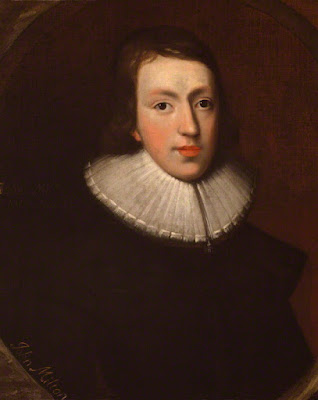" ... these United Colonies are, and of right ought to be, FREE AND INDEPENDENT STATES; that they are absolved from all allegiance to the British crown and that all political connection between them and the state of Great Britain is, and ought to be, totally dissolved ... "
- The American Declaration of Independence (July 4, 1776)
The
British writer
George Bernard Shaw is supposed to have once told a joke about the relationship between
Britain and
America. "The
United States and
Great Britain," he said, "are two countries
separated by a common language." We argue about how to spell words and how to pronounce them, I think, and the "common ground" between us can sometimes be a battleground. All kidding aside, though, there is something special about the relationship between our two countries; and our shared
English language could just be the most obvious manifestation of this extreme closeness. In ways that we sometimes take for granted, I think, we understand each other's humor and share each other's values. Our love of
democracy and liberty, furthermore, is a characteristic that is somewhat rare in the world; and though it is found abundantly in both countries, it is not often found elsewhere to the same degree.
Franklin Delano Roosevelt meets with Winston Churchill aboard the HMS Prince of Wales - Atlantic Charter, 1941
The divide between the Americans and the British
Our culture is much the same, I think, and our view of the world is identical in many ways. But there are some differences between us that cause us both to misunderstand each other at times. It is somewhat unfortunate that my fellow
Americans, for example, sometimes see the
British as stuffy and unemotional (perhaps even snobbish), while the
British sometimes see
Americans as unsophisticated rubes who can be impetuous (and even obnoxious). I suspect that these differences have their origins in the fact that our histories diverged somewhat after the
American Revolution, when the colonies declared that "all political connection between them and the state of
Great Britain is, and ought to be, totally dissolved" (in the words of our
Declaration of Independence). Thus, we have some significant differences between us, it is true; but these differences are not insurmountable. Thus, the BBC made this series about the history of
America in 1973. This series was hosted by the famed journalist
Alistair Cooke. This series attempted to explain us
Americans - and I am an
American, as you may have guessed - to our valued brethren in
Britain. Thus, it helped to bridge the occasional gap of misunderstanding that sometimes pops up between us. (Although the misunderstandings are still pretty minimal even without this, and we are still a common family that gets along well most of the time.)
Alistair Cooke, the series presenter




























